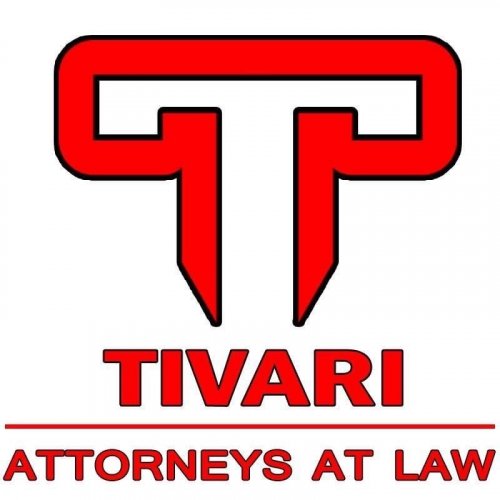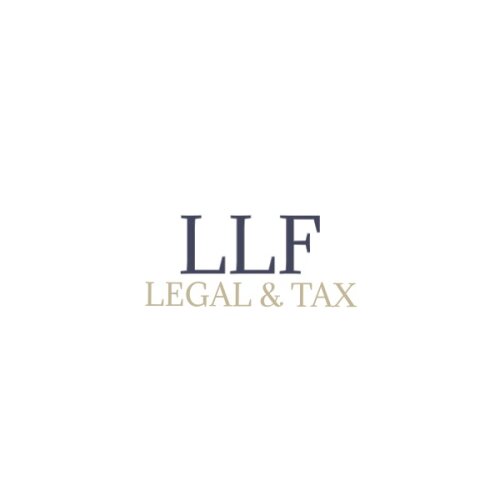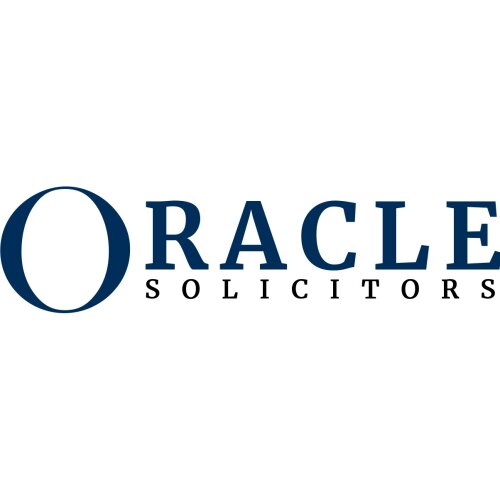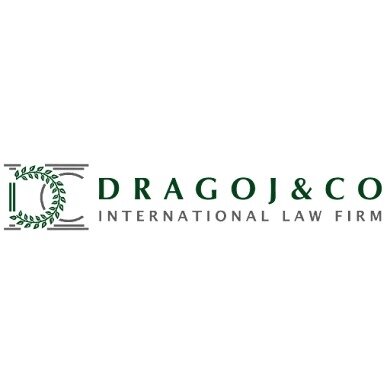Best Restructuring & Insolvency Lawyers in Tirana
Share your needs with us, get contacted by law firms.
Free. Takes 2 min.
List of the best lawyers in Tirana, Albania
About Restructuring & Insolvency Law in Tirana, Albania
Restructuring and insolvency law in Tirana, Albania is the legal field that deals with individuals or businesses facing financial distress. The primary aim is to help companies or individuals reorganize debtor-creditor relationships, recover from financial challenges, or manage an orderly exit from the market in case recovery is not possible. These laws are set to protect both creditors' interests and the rights of the debtor, balancing the need for fair treatment with economic efficiency. Recent years in Albania have seen an increase in cases requiring restructuring and insolvency assistance as the business landscape grows more complex and interconnected.
Why You May Need a Lawyer
Legal support during restructuring and insolvency processes is often critical. Here are some common situations when you may need a lawyer:
- You or your business are unable to pay debts on time and need advice on possible solutions.
- Creditors are pursuing aggressive collection actions that may endanger your assets or operations.
- You want to negotiate with creditors to find a manageable repayment arrangement.
- Your business needs to file for bankruptcy protection or initiate insolvency proceedings.
- There are disputes regarding the distribution of assets among multiple creditors.
- You need to understand the implications of liquidation or restructuring on contracts, employees, and licensing.
- You are a creditor seeking to recover debts from an insolvent company.
- Cross-border insolvency issues arise, involving assets or creditors outside Albania.
A lawyer can guide you through complex procedures, represent you in court or negotiations, and help you ensure compliance with local laws.
Local Laws Overview
In Albania, the main legislation governing restructuring and insolvency is Law no. 110/2016 "On Bankruptcy", as amended. This law sets out the procedures for both insolvency and restructuring for legal entities, traders, and, in particular cases, individuals engaged in business activities.
Some of the key legal aspects include:
- Bankruptcy Proceedings: These may be voluntary (initiated by the debtor) or involuntary (initiated by the creditors).
- Judicial Oversight: A special bankruptcy court oversees most cases to help ensure transparency and due process.
- Payment Moratorium: Once proceedings begin, there is usually an automatic stay on further debt collection to allow for evaluation of the debtor’s situation.
- Restructuring Procedures: The law provides a framework for both out-of-court and in-court restructuring, enabling debtors to propose plans to continue operations while satisfying creditor claims over time.
- Creditor Ranking: Creditors are ranked based on the priority of their claims, affecting how available assets are distributed.
- Cross-Border Insolvency: The law recognizes certain foreign insolvency proceedings, subject to Albanian court approval.
- Personal and Manager Liability: Company owners and directors may face legal responsibility in cases of improper conduct or non-compliance during insolvency.
Navigating the legal framework can be challenging without specialized knowledge, making professional advice valuable.
Frequently Asked Questions
What is insolvency and how is it defined in Albania?
Insolvency in Albania refers to the inability of a debtor to pay its debts as they come due, or when liabilities exceed assets. Albanian law sets clear criteria and processes for officially declaring insolvency.
What options exist apart from declaring bankruptcy?
Aside from bankruptcy, debtors may seek restructuring proceedings, where a plan is formed to settle debts without liquidation. This can involve debt refinancing, payment plans, or other changes.
Can an individual (not a company) file for insolvency in Albania?
Generally, bankruptcy proceedings primarily target businesses and legal persons. However, individual traders and in specific circumstances, individuals may also be subject to insolvency procedures.
How long do bankruptcy proceedings typically last?
The duration varies depending on the complexity of the case, the number and type of creditors, and any disputes. Most proceedings last from several months to over a year.
What assets are protected during insolvency proceedings?
Essential personal items and a portion of income may be protected. However, most non-essential assets may be subject to liquidation to satisfy creditor claims.
Is it possible to negotiate with creditors during or before insolvency?
Yes, negotiation is often encouraged. Structured settlements or out-of-court workout agreements can sometimes avoid formal insolvency.
What is the role of the court in Albanian insolvency cases?
The court supervises the process, approves creditor claims, oversees asset distribution, and ensures fairness and compliance with the law.
Who manages the debtor's assets during insolvency?
A court-appointed trustee or administrator usually takes control over the assets to manage liquidation or oversee restructuring, under court supervision.
Is restructuring always successful?
No, success depends on the business's financial health, cooperation from creditors, and the market. Sometimes, restructuring leads to recovery, while in other cases, liquidation follows.
Can foreign creditors participate in Albanian insolvency proceedings?
Yes, foreign creditors have the right to submit claims and participate, although their rights are subject to Albanian law and the recognition of foreign judgments by Albanian courts.
Additional Resources
If you need more information or assistance, the following resources may be helpful:
- Albanian National Chamber of Advocacy (Avokatia)
- Ministry of Justice of Albania - Dept. of Economic and Commercial Law
- Albania Bankruptcy Court (Gjyqësia për Falimentimin)
- Albanian Chamber of Commerce and Industry
- Professional associations of insolvency administrators
These organizations can provide guidance or recommendations on qualified professionals, legal reforms, and procedural updates.
Next Steps
If you believe you need legal assistance in restructuring or insolvency in Tirana, your first step should be to consult with a lawyer who specializes in this practice area. Gather all relevant documentation about your financial situation, assets, liabilities, and any correspondence with creditors. A consultation can help clarify your options, estimate possible outcomes, and determine the most effective course of action. Timely advice can often preserve business value and protect your rights, so do not hesitate to seek guidance early in the process.
Lawzana helps you find the best lawyers and law firms in Tirana through a curated and pre-screened list of qualified legal professionals. Our platform offers rankings and detailed profiles of attorneys and law firms, allowing you to compare based on practice areas, including Restructuring & Insolvency, experience, and client feedback.
Each profile includes a description of the firm's areas of practice, client reviews, team members and partners, year of establishment, spoken languages, office locations, contact information, social media presence, and any published articles or resources. Most firms on our platform speak English and are experienced in both local and international legal matters.
Get a quote from top-rated law firms in Tirana, Albania — quickly, securely, and without unnecessary hassle.
Disclaimer:
The information provided on this page is for general informational purposes only and does not constitute legal advice. While we strive to ensure the accuracy and relevance of the content, legal information may change over time, and interpretations of the law can vary. You should always consult with a qualified legal professional for advice specific to your situation.
We disclaim all liability for actions taken or not taken based on the content of this page. If you believe any information is incorrect or outdated, please contact us, and we will review and update it where appropriate.

















